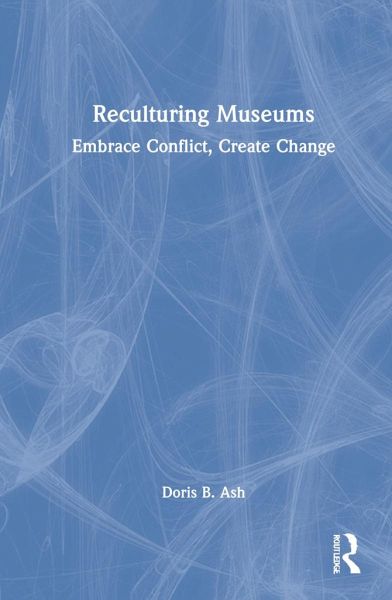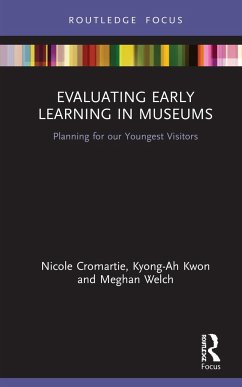
Reculturing Museums
Embrace Conflict, Create Change
Versandkostenfrei!
Versandfertig in 1-2 Wochen
171,99 €
inkl. MwSt.
Weitere Ausgaben:

PAYBACK Punkte
86 °P sammeln!
Reculturing Museums takes a unified sociocultural theoretical approach to analyze the many conflicts museums experience in the 21st century. Embracing conflict, Ash asks: What can practitioners and researchers do to create the change they want to see, when old systems remain stubbornly in place?













